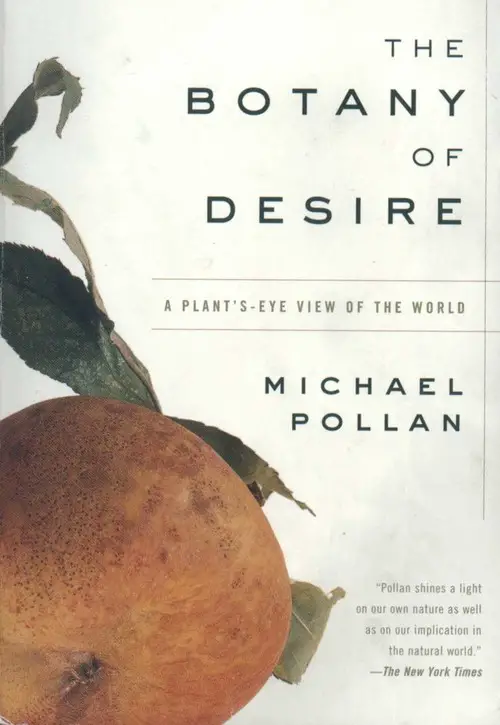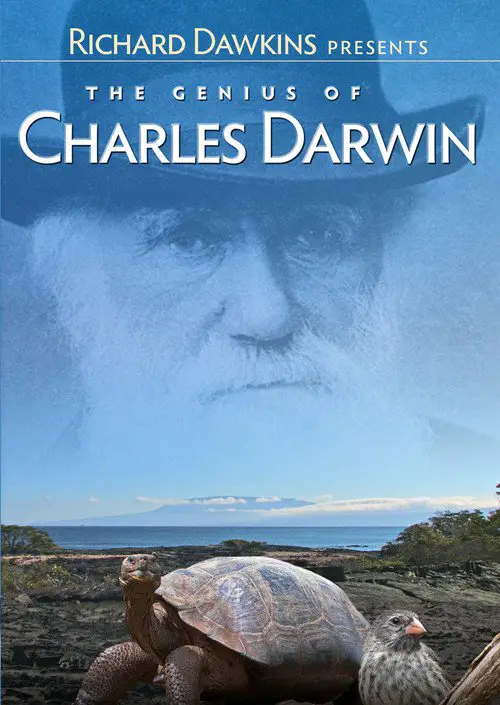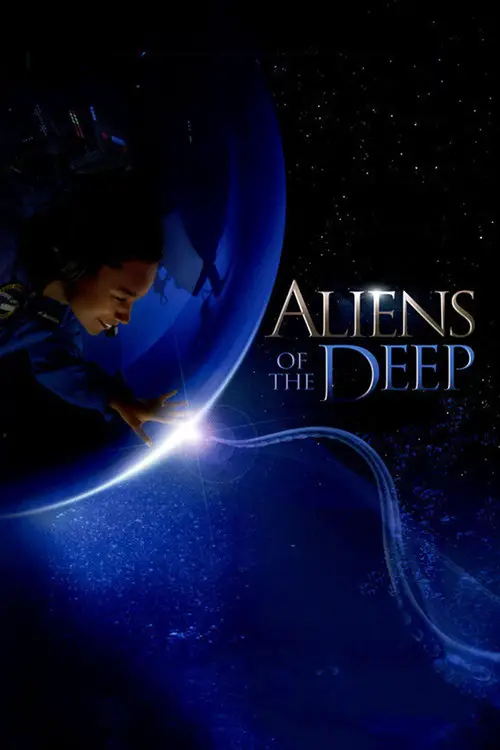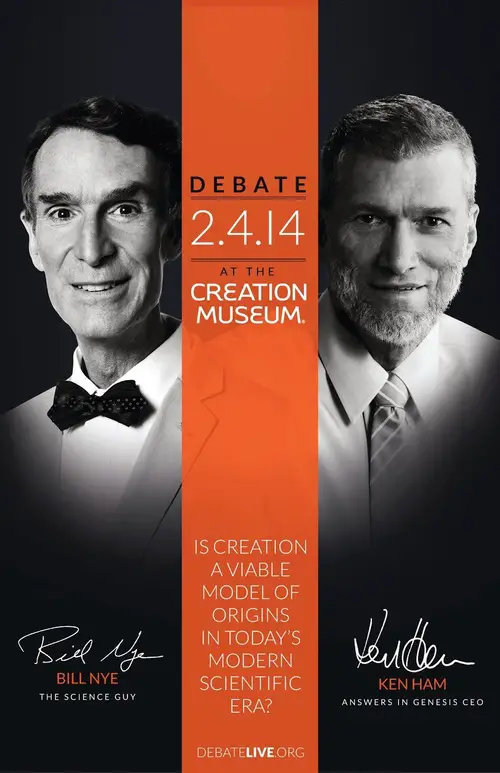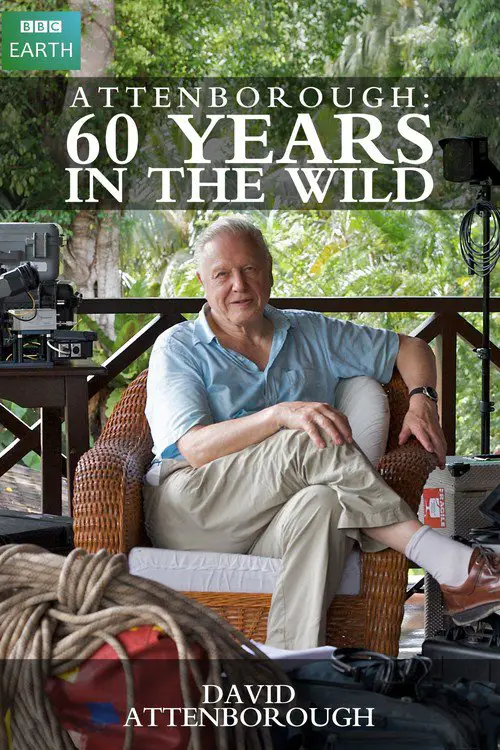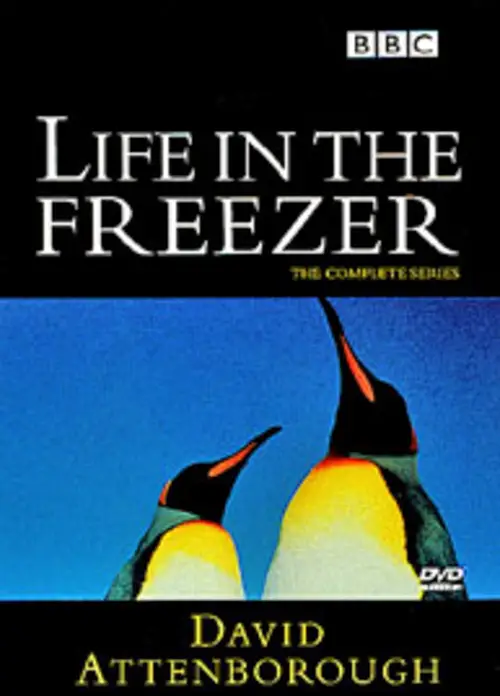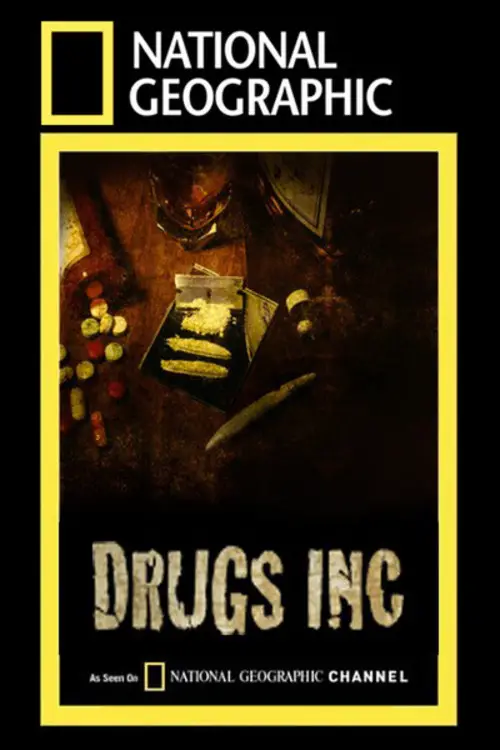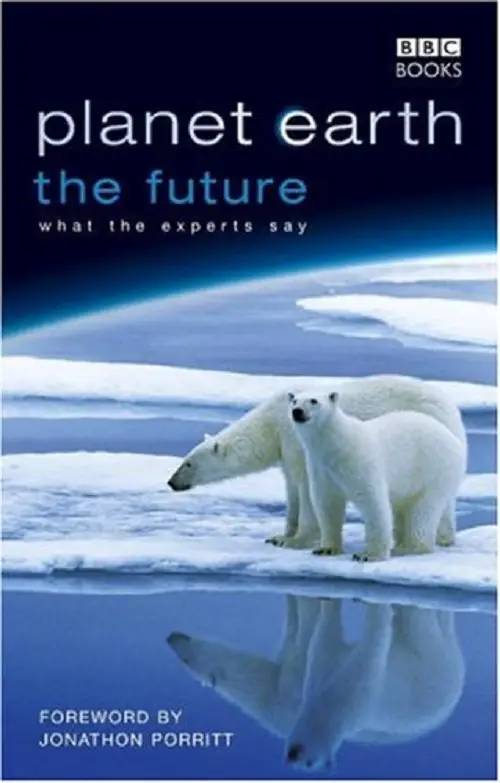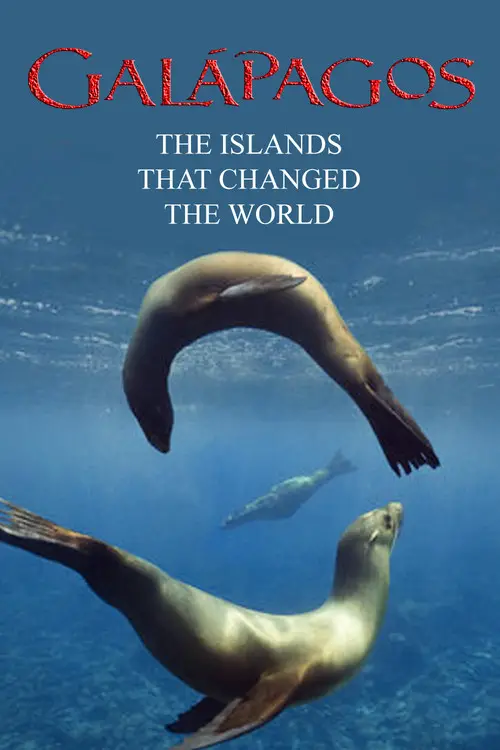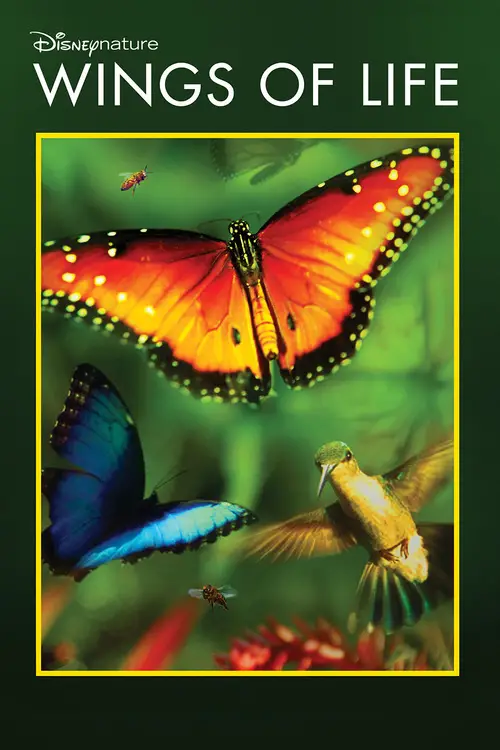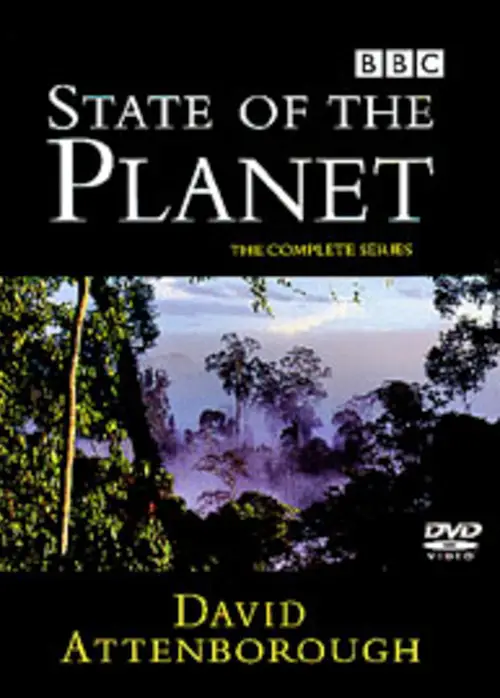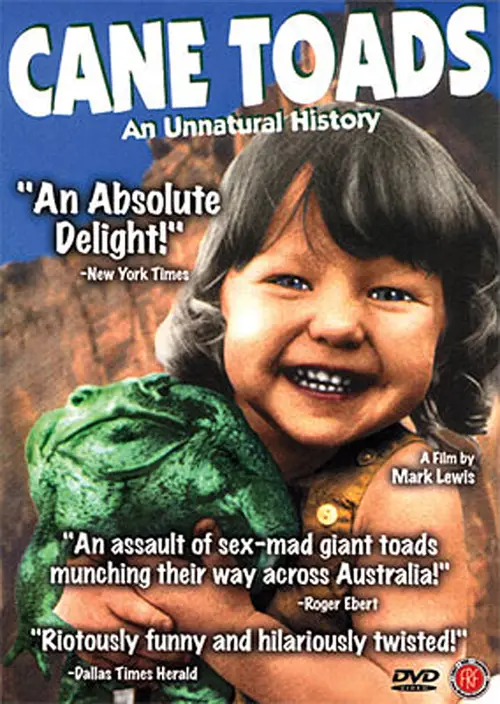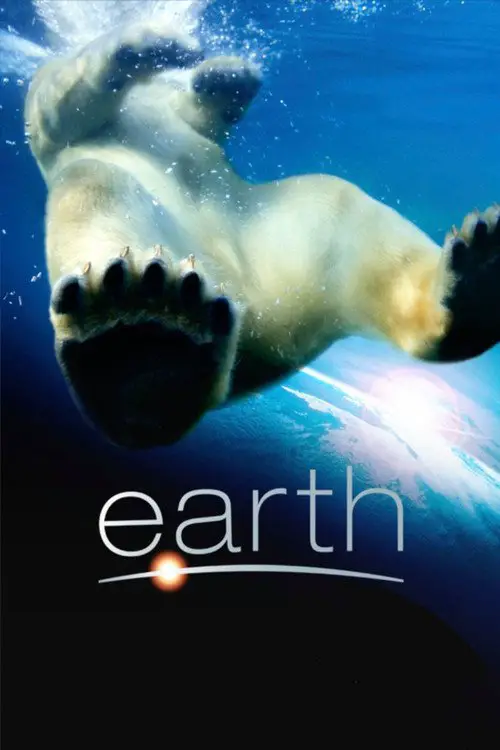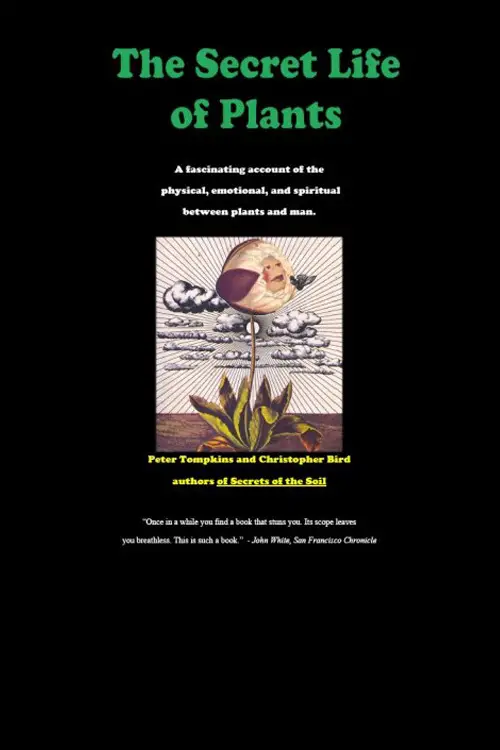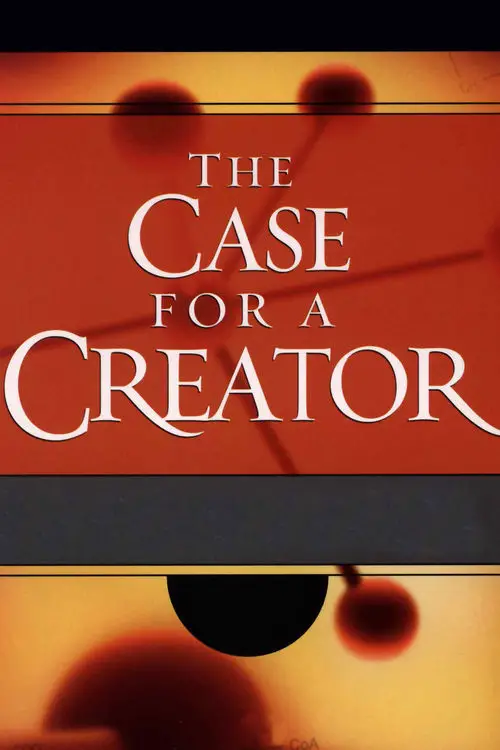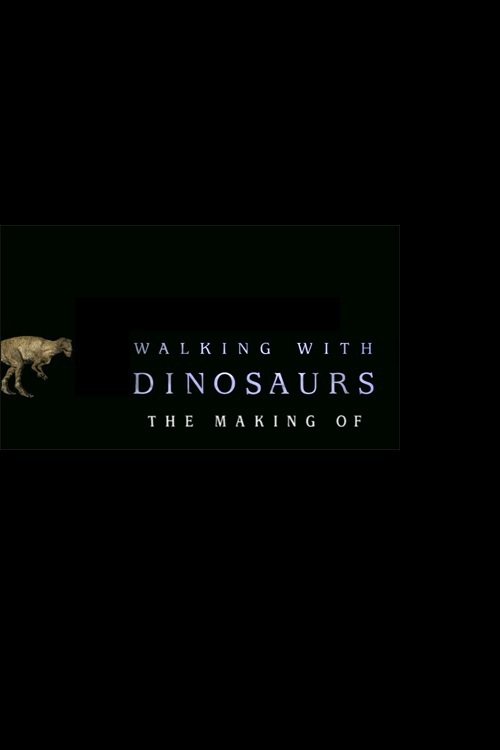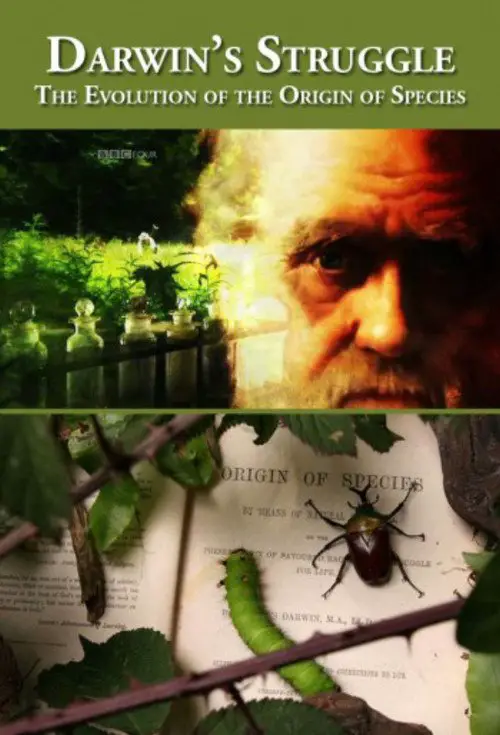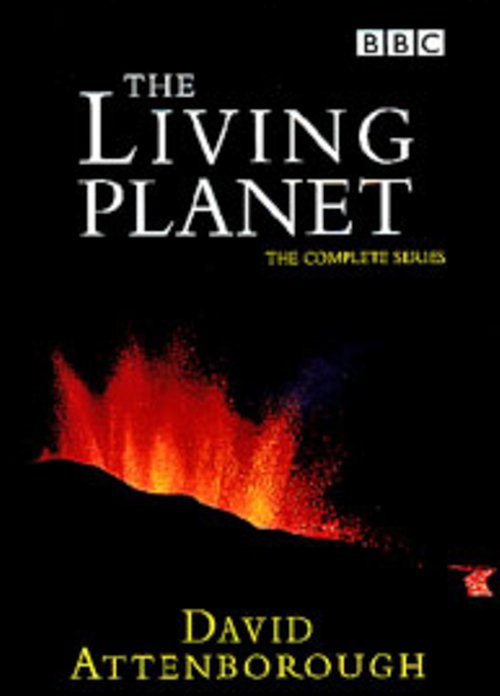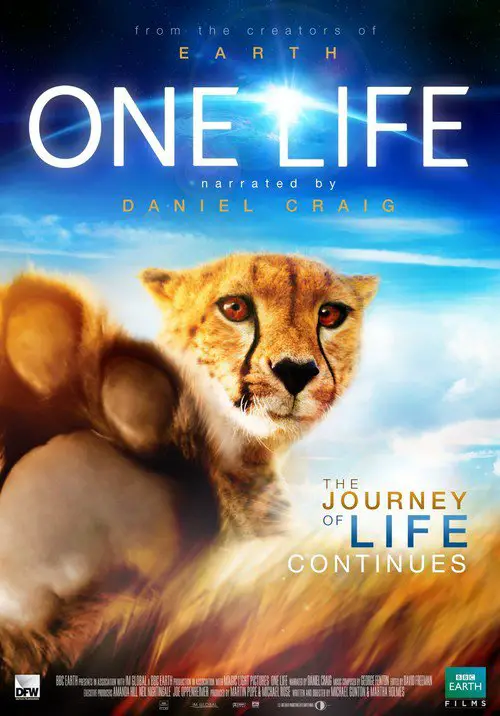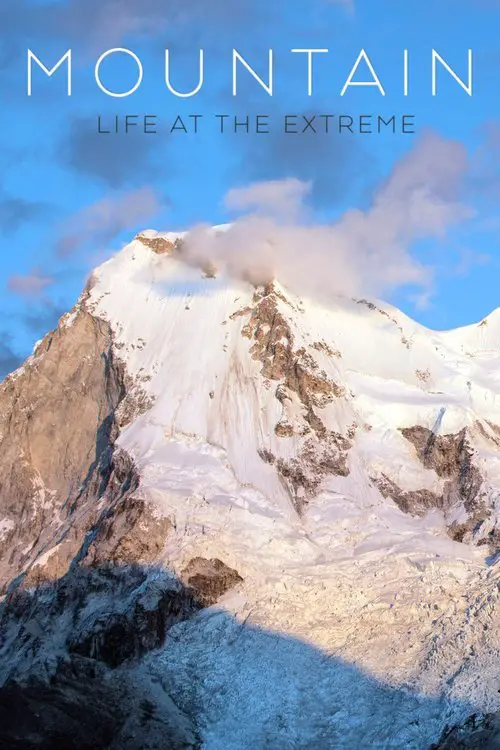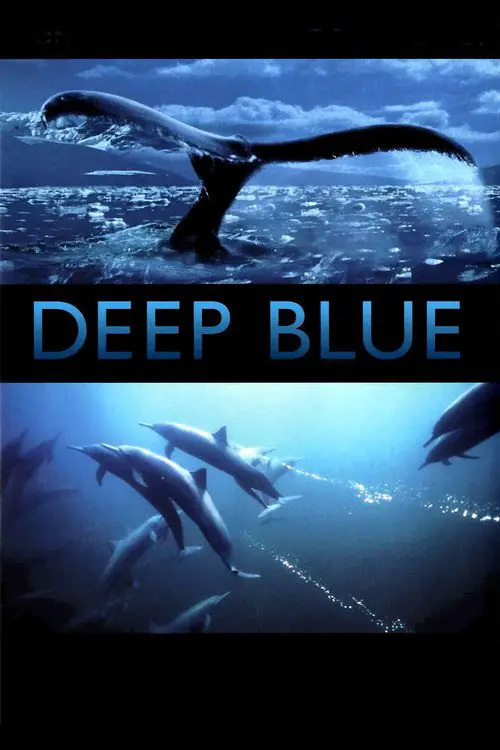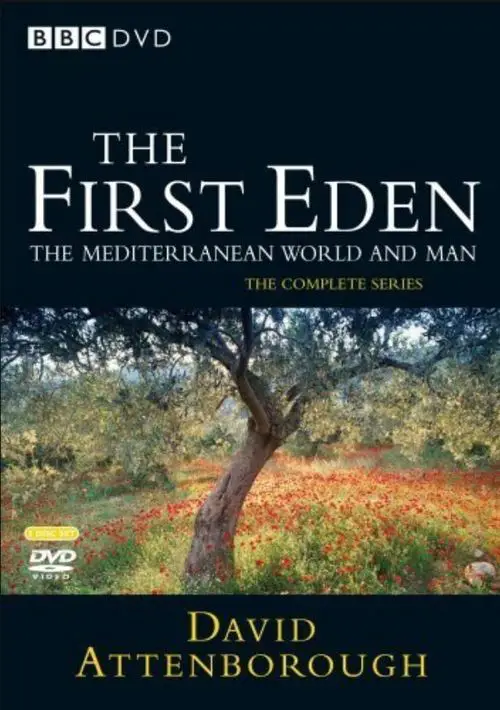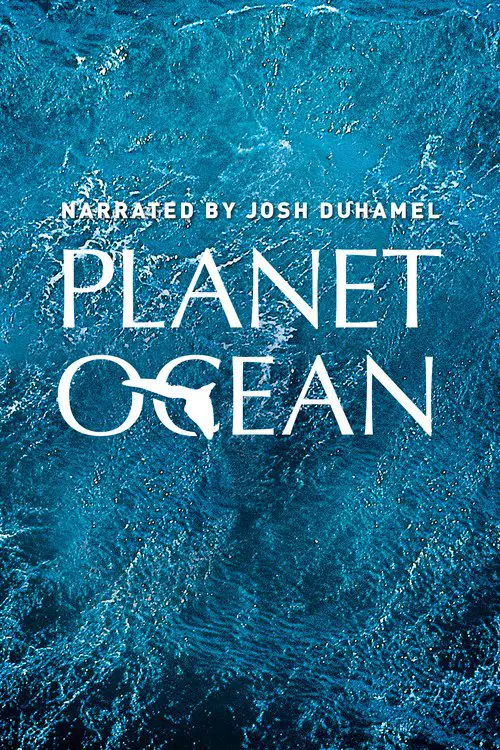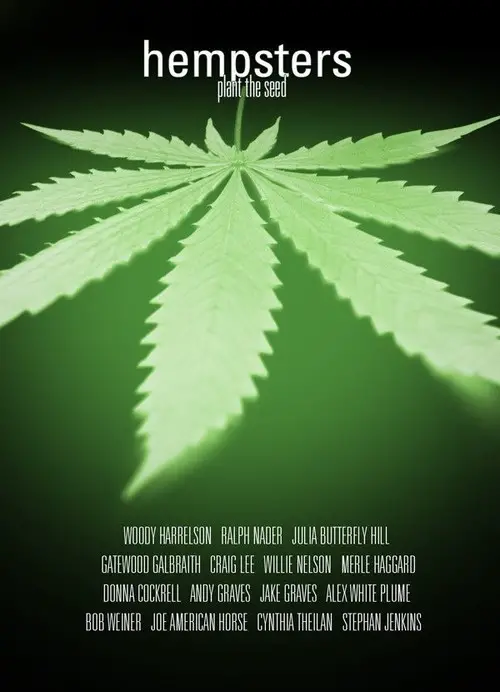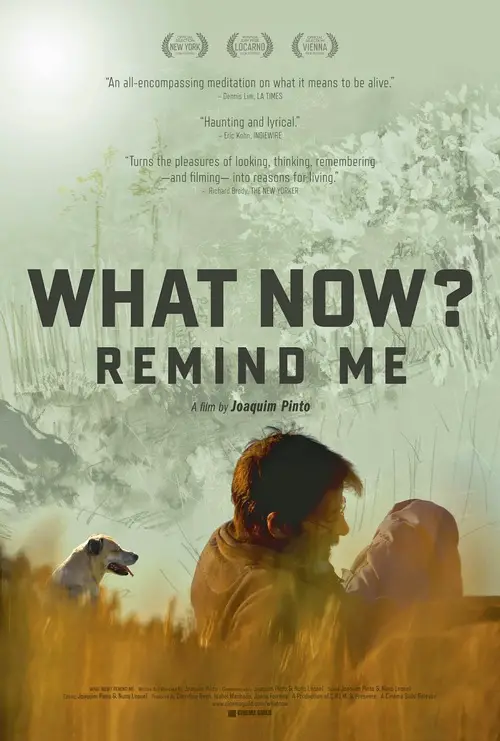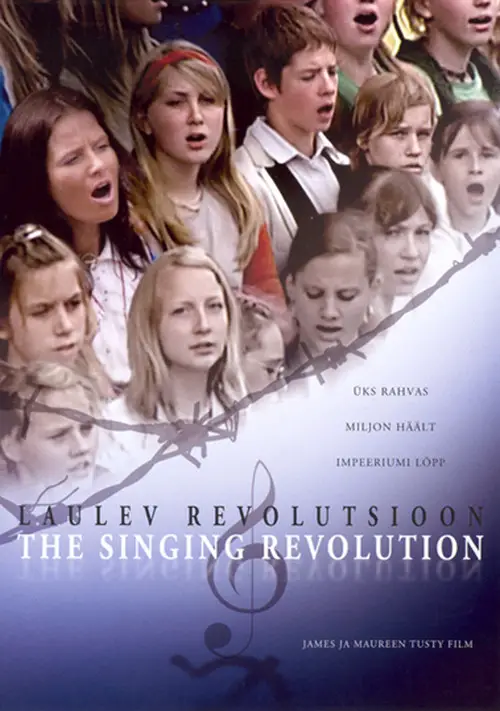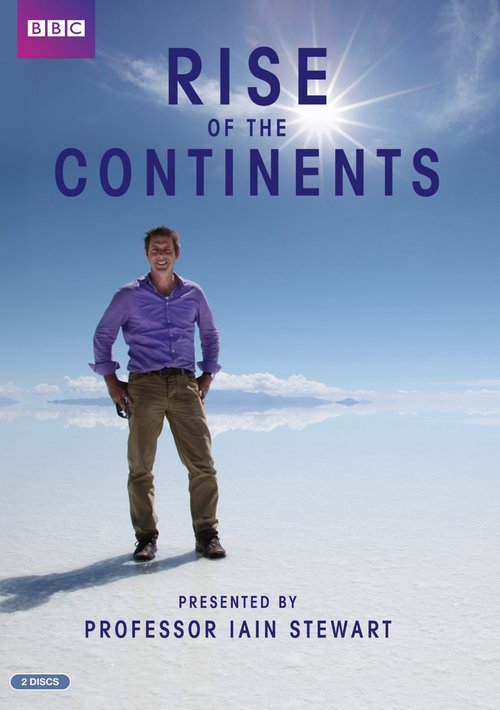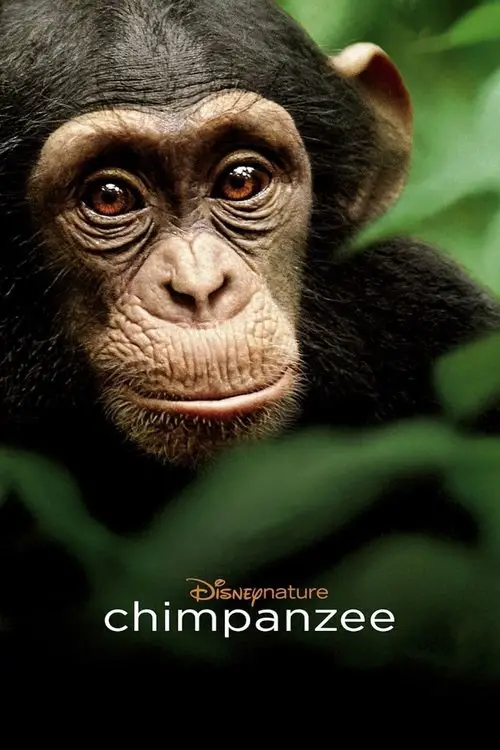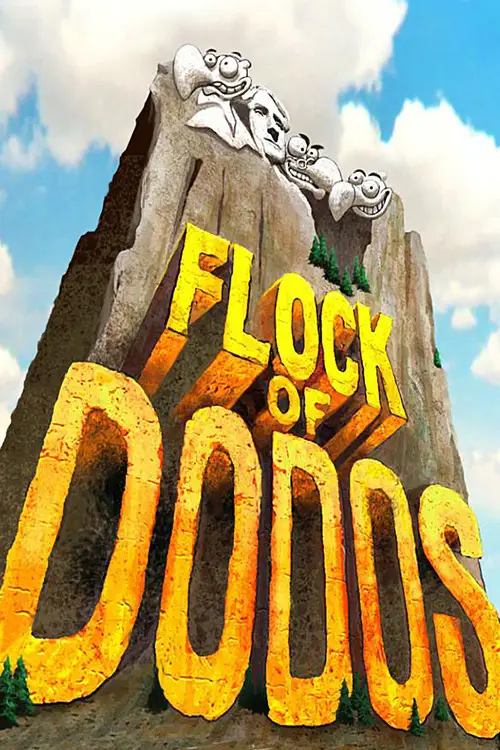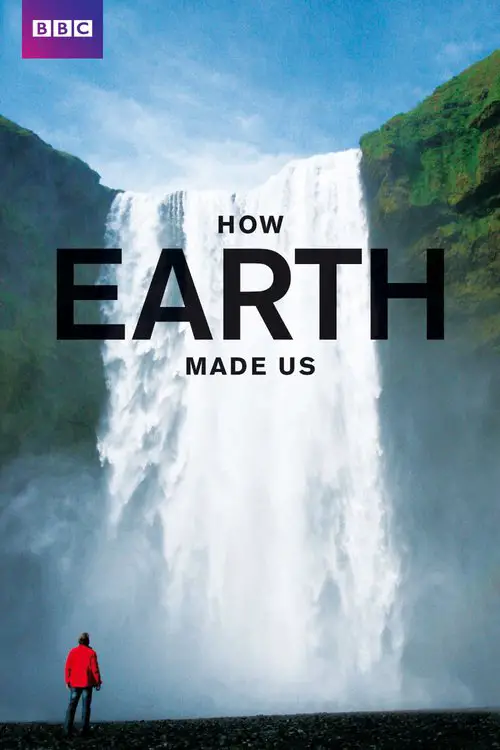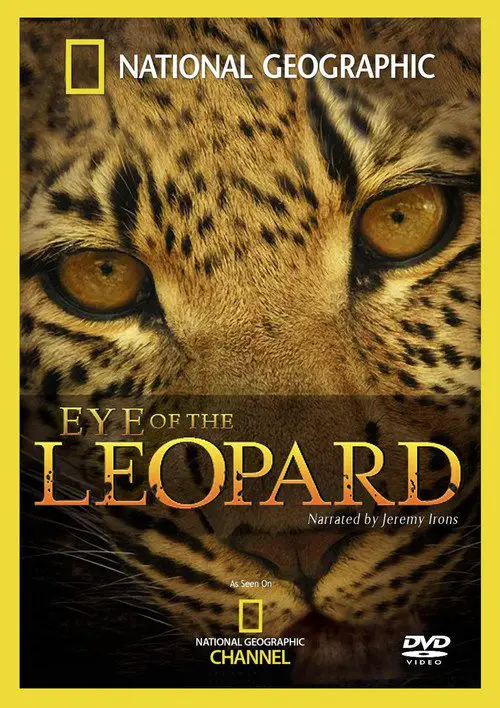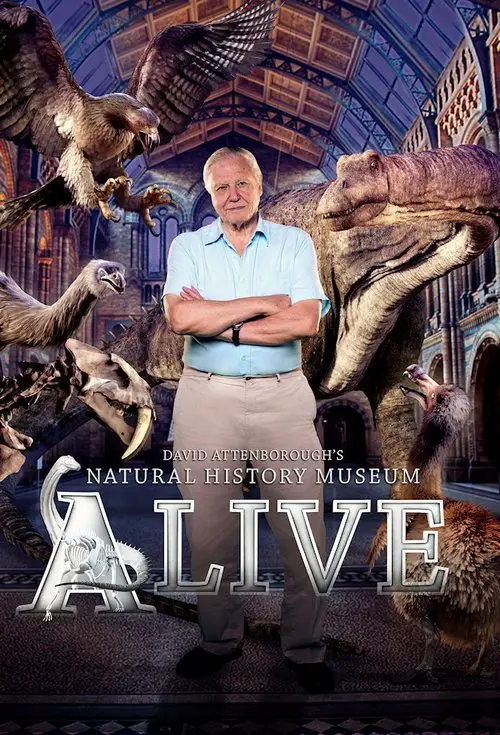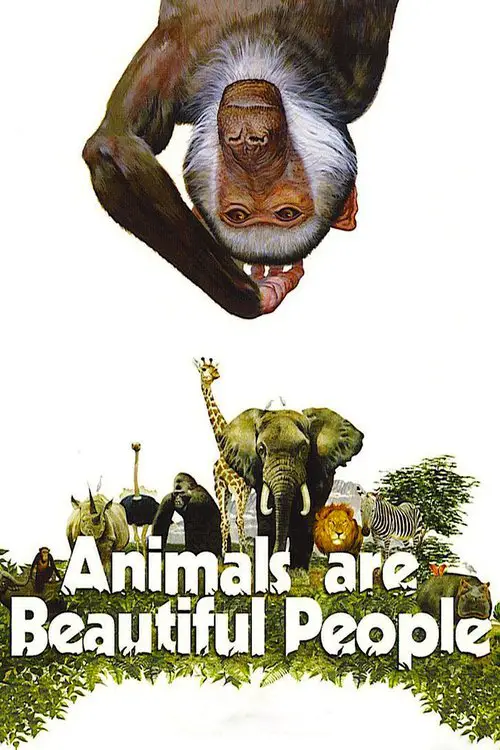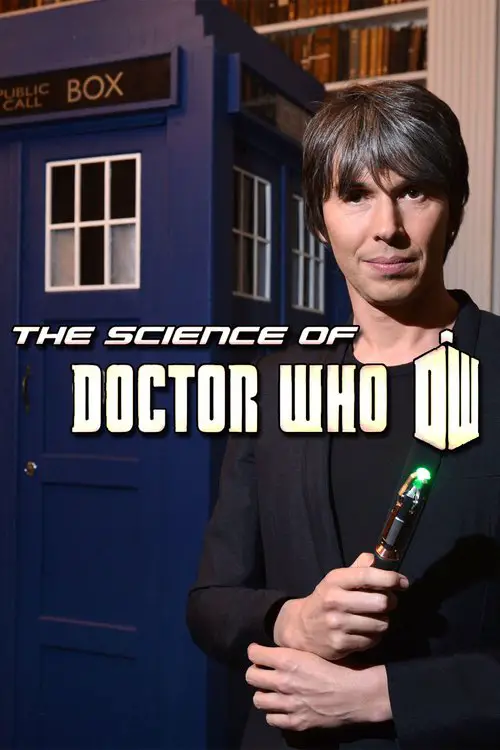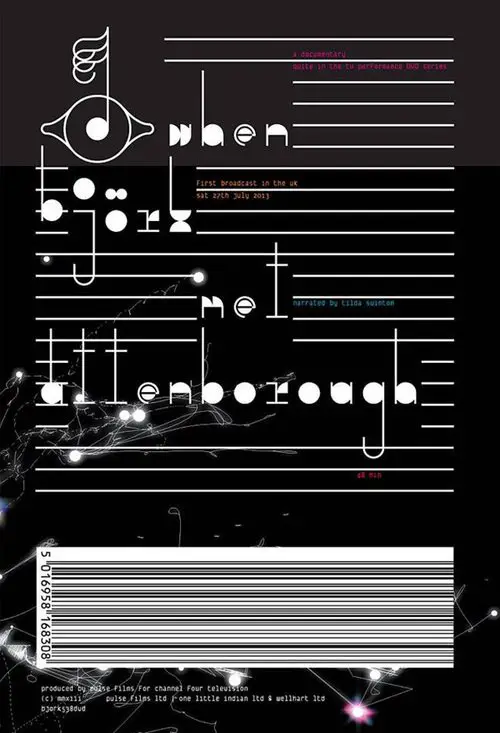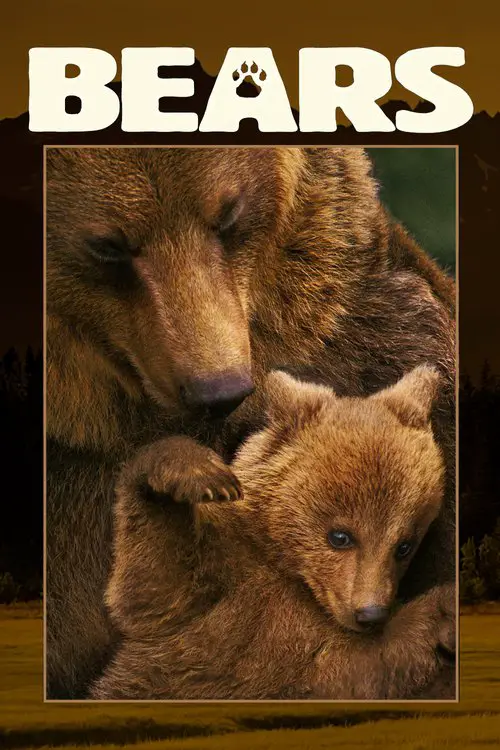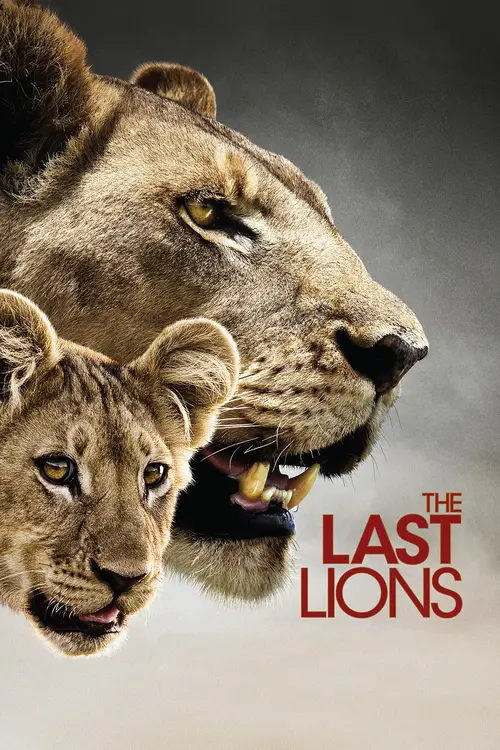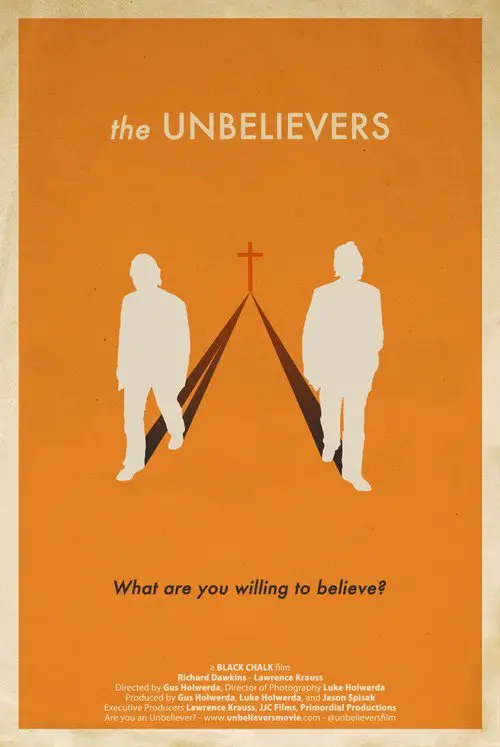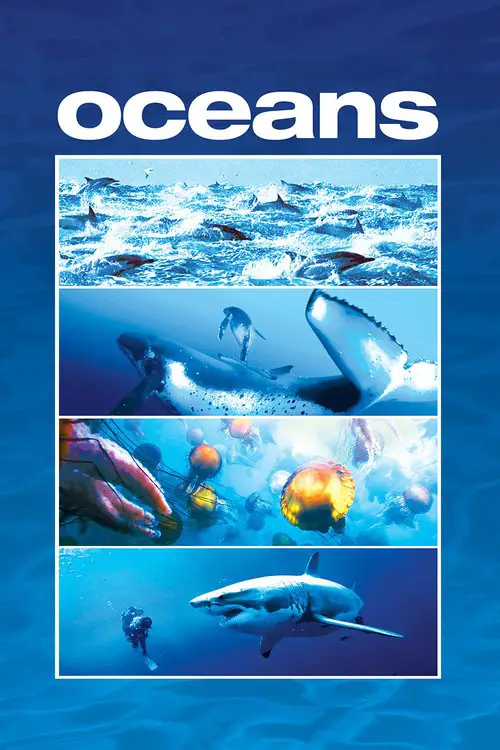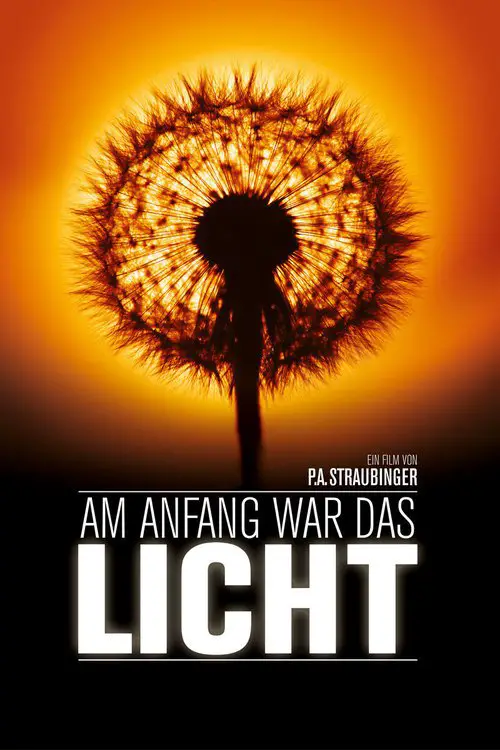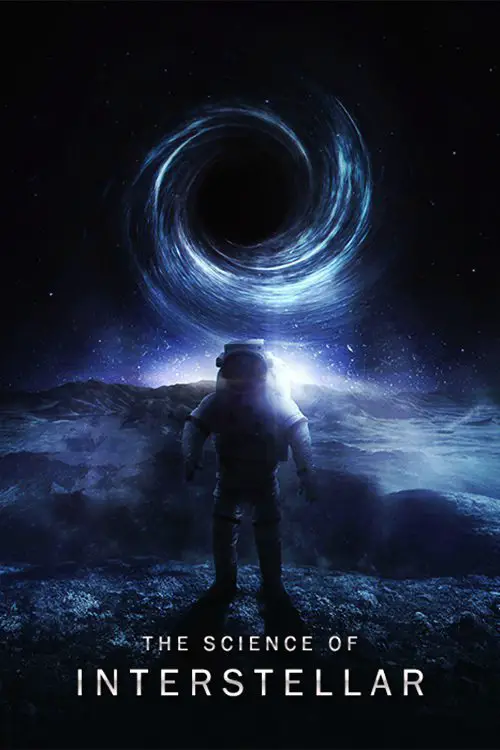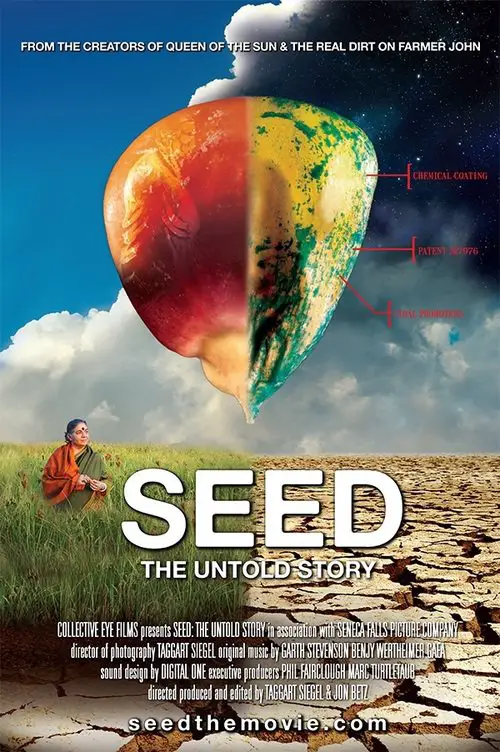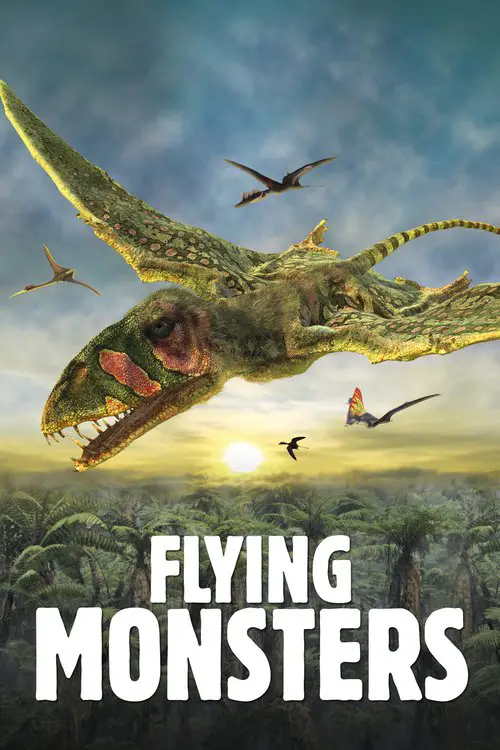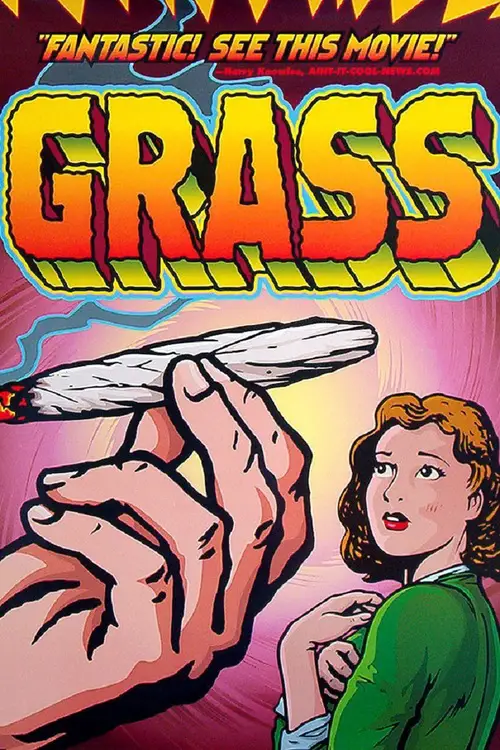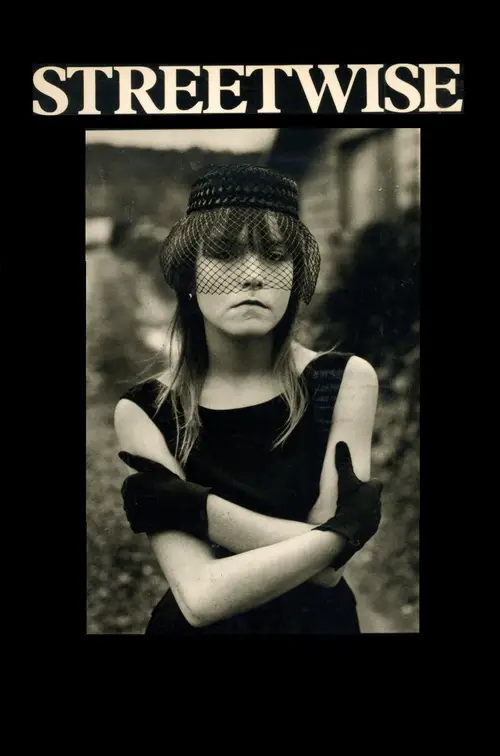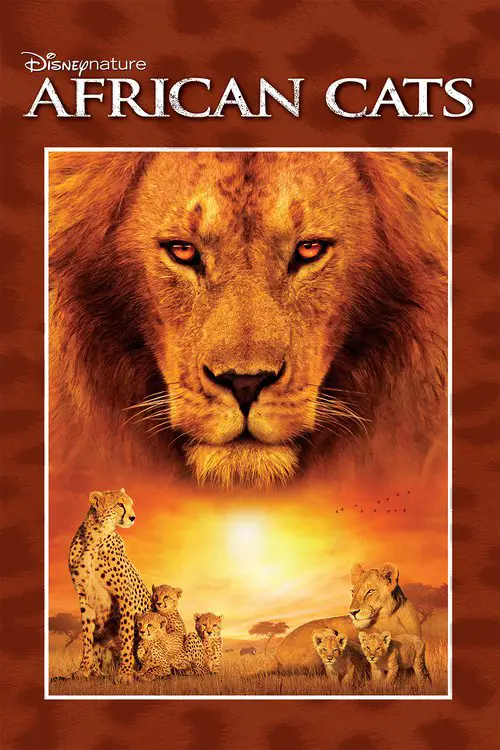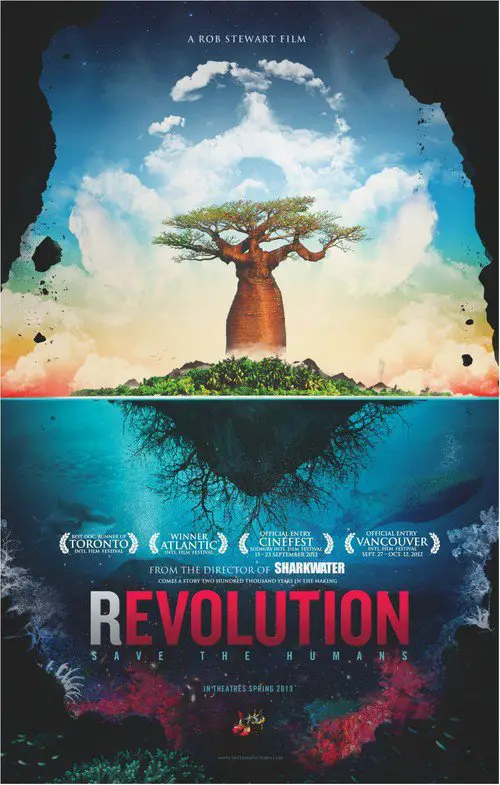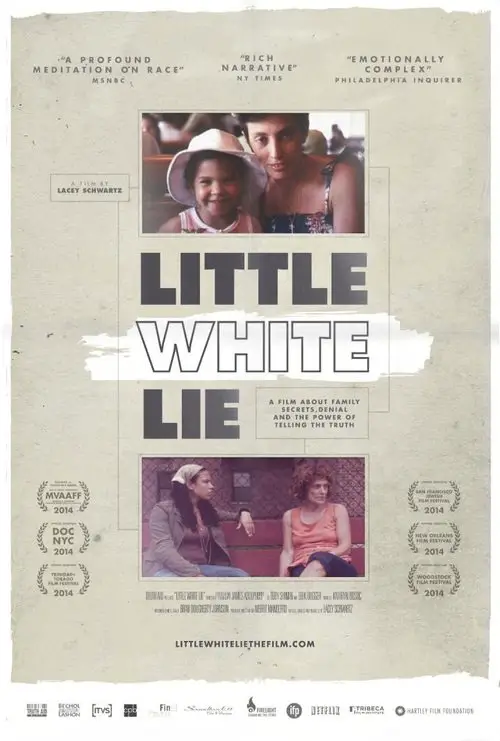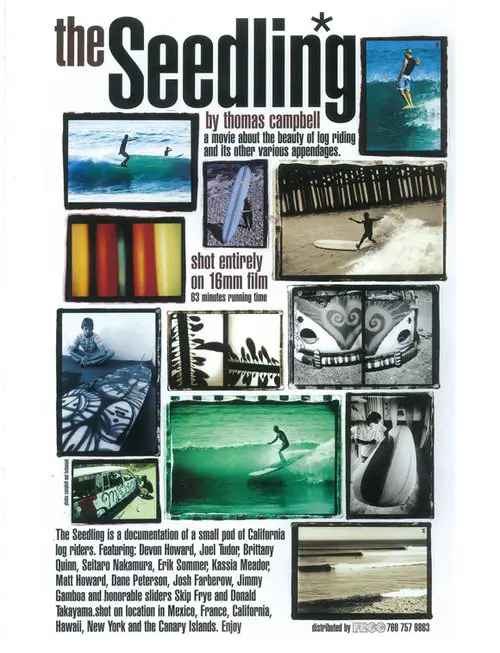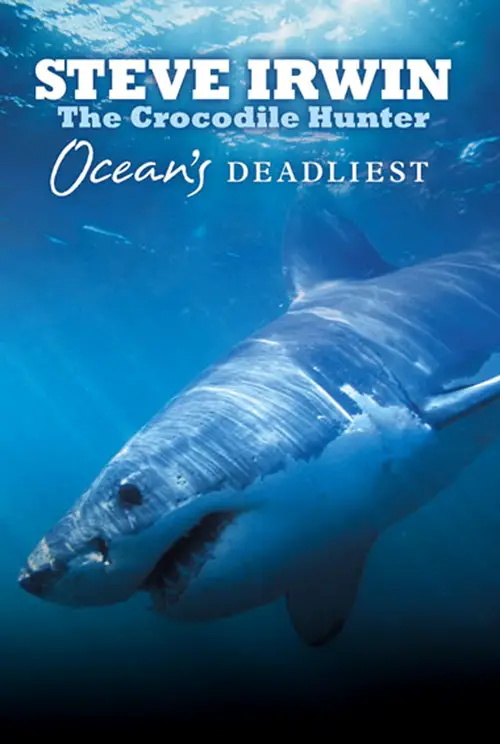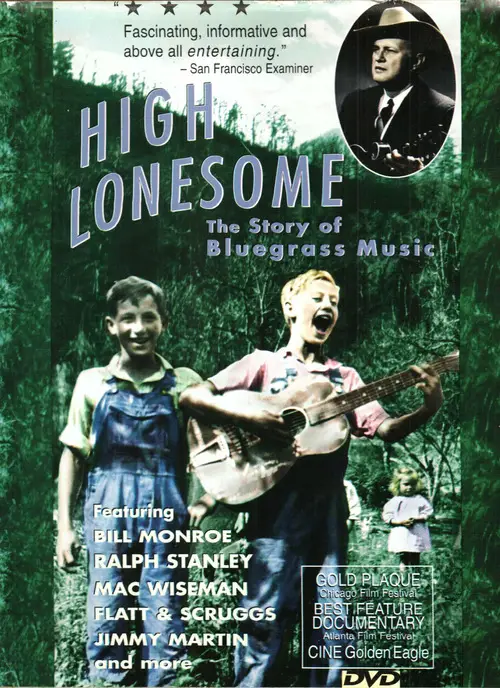How to Grow a Planet (2012)
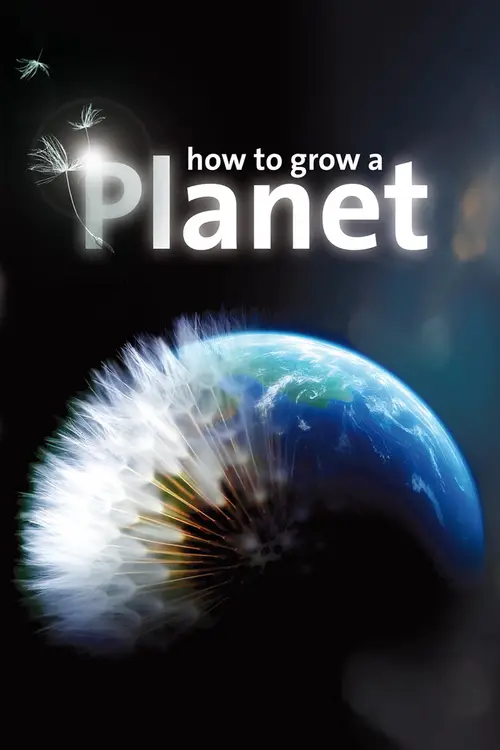
Similar movies
Featuring Michael Pollan and based on his best-selling book, this special takes viewers on an exploration of the human relationship with the plant world -- seen from the plants' point of view. Narrated by Frances McDormand, the program shows how four familiar species -- the apple, the tulip, marijuana and the potato -- evolved to satisfy our yearnings for sweetness, beauty, intoxication.
A documentary series from Channel 4, hosted by professor Richard Dawkins, well-known darwinist. The series mixes segments on the life and discoveries of Charles Darwin, the theory of natural selection and evolution, and Dawkins' attempts at convincing a group of school children that evolution explains the world around us better than any religion.
Darwin's great insight â that life has evolved over millions of years by natural selection â has been the cornerstone of all David Attenboroughâs natural history series. In this documentary, he takes us on a deeply personal journey which reflects his own life and the way he came to understand Darwinâs theory.
In The Private Life of Plants, David Attenborough takes us on a guided tour through the secret world of plants, to see things no unaided eye could witness. He shows us the struggles of plants to survive in a story that is full of extraordinary drama and breath-taking beauty.Each programme in this six-part series focuses on one of the critical stages through which every plant must pass if it is to survive:- travelling, growing, and flowering; struggling with one another; creating alliances with other organisms both plant and animal; and evolving complex ways of surviving in the earth's most ferociously hostile environments.
Planet Earth: The Future is a 2006 BBC documentary miniseries on the environment and conservation, produced by the BBC Natural History Unit as a companion to the multi-award winning nature documentary Planet Earth. The programmes were originally broadcast on BBC Four immediately after the final three episodes of Planet Earth on BBC One. Each episode highlights the conservation issues surrounding some of the species and environments featured in Planet Earth, using interviews with the film-makers and eminent figures from the fields of science, conservation, politics, and theology. The programmes are narrated by Simon Poland and the series producer was Fergus Beeley.
There is little wonder why a humble group of Pacific islands - el archipielago de Colón â continue to capture the attention and fascination of so many, throughout the centuries of contemporary human history. The Galápagos islands, born of fire, shaped by the sea, and inhabited by the fortunate and the hapless, are truly a biological microcosm and a geologic phenomenon.
Hosted by Ben Stein, this controversial documentary examines how pro-intelligent design scholars and scientists are often chastised, fired or denied tenured positions by those who believe in Darwin's theory of evolution. Nathan Frankowski's film explores how scientists who believe in God are oppressed and how the acceptance of Darwinism might have played a role in the formation of the Nazi regime.
A beautiful love story in danger. Our future depends on an amazing love story between the flowers and fauna consisting of bees, butterflies, birds and bats, which allow these species to reproduce. Delicate and graceful, the flowers are not content to be the ultimate symbol of beauty. On the contrary, their vibrant colors and their exotic flavors are so many wonders that attract pollinators and drunk with desire. All these animals are involved in a complex dance of seduction on which one third of our crops, a dance without which we could survive ... Pollen presents the unsung heroes of the global food chain. Their fantastic worlds are full of stories, drama and beauty. While a fragile and threatened, essential for the balance of the planet, it should now actively protect ...
The cane toad was imported from Hawaii in 1935 to save Queensland's sugar crop from the grey-back beetle. It failed because the beetle could fly and the cane toad couldn't. But the cane toad stayed to become a pest of plague proportions and part of local culture and popular mythology. This offbeat and entertaining documentary presents not just the biological information, but also the surprising range of people's attitudes to these grotesque creatures, including keeping them as pets.
The story is a documentary of research that shows fairly conclusively that plants are actually aware of what goes on around them, even miles away. It is somewhat humorous in the methods it uses to prove the secret life of plants, but thought-provoking in the conclusions it arrives at. The most wonderful thing about the film is the soundtrack. This is original music composed by Stevie Wonder. There is even a scene in the film of Stevie singing one of his songs in a boat on a river. This scene is very moving, as Stevie is blind and yet able to know where he is going. The scene is the climax to the movie, and metaphoric as to what has been presented about plants, that although they don't seem to have senses as human beings and animals do, they are quite well aware of what is going on around them and where they fit into this in the evolutionary process.
When objectively considered, does contemporary scientific evidence point toward or away from a supernatural Creator? Strobel interviewed scientists and scholars from a wide range of disciplines for the answers. Based upon a New York Times best-seller, The Case For A Creator is a remarkable film about Lee Strobel's journey from spiritual skepticism to a profound faith in the God who has etched His indelible signature upon every galaxy and living cell. The Creator now revealed by 21st century science.
A behind-the-scenes look at how the animators, sculptors and palaeontologists, using the latest state-of-the-art animatronics and computer graphics, collaborated to re-create not just these pre-historic behemoths but their behaviour as well for the BBC natural history documentary miniseries "Walking with Dinosaurs".
Documentary telling the little-known story of how Darwin came to write his great masterpiece, On the Origin of Species, a book which explains the wonderful variety of the natural world as emerging out of death and the struggle of life. In the twenty years he took to develop a brilliant idea into a revolutionary book, Darwin went through a personal struggle every bit as turbulent as that of the natural world he observed. Fortunately, he left us an extraordinary record of his brilliant insights, observations of nature, and touching expressions of love and affection for those around him. He also wrote frank accounts of family tragedies, physical illnesses and moments of self-doubt, as he laboured towards publication of the book that would change the way we see the world. The story is told with the benefit of Darwin's secret notes and correspondence, enhanced by natural history filming, powerful imagery from the time and contributions from leading contemporary biographers and scientists.
The film follows the lively exploits of activists for (and against) the movement for the legalization of the hemp plant in America. It features Woody Harrelson, Merle Haggard, Willie Nelson, and a whole host of farmers, politicians, businessmen, and laypeople as they search for the truth about this mysterious and demonized plant.
Joaquim Pinto has been living with HIV and VHC for almost twenty years. âWhat now? Remind Meâ is the notebook of a year of clinical studies with toxic, mind altering drugs as yet unapproved. An open and eclectic reflection on time and memory, on epidemics and globalization, on survival beyond all expectations, on dissent and absolute love. In a to-and-fro between present and past memories, the film is also a tribute to friends departed and those who remain.
Most people don't think about singing when they think about revolutions. But song was the weapon of choice when, between 1986 and 1991, Estonians sought to free themselves from decades of Soviet occupation. During those years, hundreds of thousands gathered in public to sing forbidden patriotic songs and to rally for independence. "The young people, without any political party, and without any politicians, just came together ... not only tens of thousands but hundreds of thousands ... to gather and to sing and to give this nation a new spirit," remarks Mart Laar, a Singing Revolution leader featured in the film and the first post-Soviet Prime Minister of Estonia. "This was the idea of the Singing Revolution." James Tusty and Maureen Castle Tusty's "The Singing Revolution" tells the moving story of how the Estonian people peacefully regained their freedom--and helped topple an empire along the way.
Ep1 - Africa Africa is the cradle of humanity, it is land born from violent, cataclysmic events. Ep2 - Eurasia Europe and Asia; geologically they are part of the same vast landmass, Eurasia. Shaped by a series of collisions, mountain ranges have been pushed up, valleys created and a once great ocean has come and gone. Ep3 - The Americas From the bedrock the Empire State Building is built on, to the Spanish empires in South America, the two land masses of North and South America are linked by geology and history. Ep4 - Australia Australia was once part of a super-continent and its deserts were covered in forests. Once joined to Antarctica, it split off and moved northwards into warmer climes, whilst Antarctica became an icy wasteland.
Our planet has amazing power, and yet that's rarely mentioned in our history books. This series tells the story of how the Earth has influenced human history, from the dawn of civilisation to the modern industrial age. It reveals for the first time on television how geology, geography and climate have been a far more powerful influence on the human story than has previously been acknowledged. A combination of epic story telling, visually stunning camerawork, extraordinary locations and passionate presenting combine to form a highly original version of human history.
Regular opening times do not apply as we accompany Sir David Attenborough on an after-hours journey around Londonâs Natural History Museum, one of his favourite haunts. The museum's various exhibits coming to life, including dinosaurs, reptiles and creatures from the ice age. Shot by the same 3D team that worked on Gravity, examines how the animals and creatures at the London museum once roamed the earth.
In a remote and forgotten wilderness, one of nature's last great mysteries unfolds: the birth, life and death of a million crimson-winged flamingos. Against a dramatic backdrop of never-before filmed landscapes, these secretive birds struggle to survive and prevail over danger and fate. This inspiring story, set in the extraordinary 'otherworld' of Lake Natron in northern Tanzania, the cradle of humankind, reminds us: here on earth is a universe waiting to be discovered.
Award-winning musician Björk and legendary broadcaster and naturalist Sir David Attenborough have admired each other's work for years but this is the first time they have discussed their mutual love of music and the natural world on screen. In this remarkable documentary, Björk explores our unique relationship with music and discovers how technology might transform the way we engage with it in the future.
In Botswana's Okavango Delta, an ostracized lioness and her two cubs must fight alone to survive - overcoming all manner of hazard, from the raging wildfires on the Delta, to the jealousy of sister lionesses, to the marauding males who kill her mate, to the prey that becomes predator. Their only defense is to escape to Duba Island -- and with that, an unknown future. The setting for this epic tale is one of the last regions where lions can live in the wild. Faced with dwindling land and increasing pressure from hunting, lions - like our lone lioness and her cubs - are approaching the brink of extinction.
220 million years ago dinosaurs were beginning their domination of Earth. But another group of reptiles was about to make an extraordinary leap: pterosaurs were taking control of the skies. The story of how and why these mysterious creatures took to the air is more fantastical than any fiction. In Flying Monsters 3D, Sir David Attenborough the worldâs leading naturalist, sets out to uncover the truth about the enigmatic pterosaurs, whose wingspans of up to 40 feet were equal to that of a modern day jet plane.
Marijuana is the most controversial drug of the 20th Century. Smoked by generations to little discernible ill effect, it continues to be reviled by many governments on Earth. In this Genie Award-winning documentary veteran Canadian director Ron Mann and narrator Woody Harrelson mix humour and historical footage together to recount how the United States has demonized a relatively harmless drug.
Every year, thousands of Antartica's emperor penguins make an astonishing journey to breed their young. They walk, marching day and night in single file 70 miles into the darkest, driest and coldest continent on Earth. Morgan Freeman narrates this amazing tale, Breathtaking photography captures the transcendaent beauty and staggering drama, so follow the leader.. to adventure!
Portrays the lives of nine desperate teenagers. Thrown too young into a seedy grown up world, these runaways and castaways survive, but just barely. Rat, the dumpster diver. Tiny, the teen prostitute. Shellie, the baby-faced blonde. DeWayne, the hustler. All old beyond their years. All underage survivors fighting for life and love on the streets of downtown Seattle.
African Cats captures the real-life love, humor and determination of the majestic kings of the savanna. The story features Mara, an endearing lion cub who strives to grow up with her motherâs strength, spirit and wisdom; Sita, a fearless cheetah and single mother of five mischievous newborns; and Fang, a proud leader of the pride who must defend his family from a once banished lion.
Revolution is a new movie from internationally-acclaimed filmmaker Rob Stewart. A follow-up to his award-winning documentary Sharkwater, this continues his remarkable journey of discovery to find out that what he thought was a shark problem is actually a people problem. As Stewart's battle to save sharks escalates, he uncovers grave dangers threatening not just sharks, but humanity. In an effort to uncover the truth and find the secret to saving our own species, Stewart embarks on a life-threatening adventure through 15 countries, over four years in the making. In the past four years the backdrop of ocean issues has changed completely. Saving sharks will be a pointless endeavor if we are losing everything else in the ocean, not just sharks. Burning fossil fuels is releasing carbon dioxide into the atmosphere; changing the oceans, changing atmospheric chemistry and altering our climate.
Little White Lie tells Lacey Schwartz's story of growing up in a typical upper-middle-class Jewish household in Woodstock, NY, with loving parents and a strong sense of her Jewish identity â despite the open questions from those around her about how a white girl could have such dark skin. She believes her family's explanation that her looks were inherited from her dark-skinned Sicilian grandfather. But when her parents abruptly split, her gut starts to tell her something different. At age of 18, she finally confronts her mother and learns the truth: her biological father was not the man who raised her, but a black man named Rodney with whom her mother had had an affair. The Filmmakers Lacey Schwartz Producer/Director Mehret Mandefro Producer James Adolphus Co-Director http://www.itvs.org/films/little-white-lie
A movie about the beauty of log riding and its other various appendages... The Seedling is a documentation of a small pod of California log riders. Shot entirely on 16mm. Featuring Devon Howard, Joel Tudor, Seitaro Nakamura, Erik Sommer, Kassia Meador, Dane Peterson, Josh Farberow, Jimmy Gamboa and honorable sliders Skip Frye and Donald Takayama. Shot on location in Mexico, France, California, Hawaii, New York and the Canary Islands. The Seedling is a gift for you, a movie in full trim. Enjoy
Longtime fans of bluegrass music and those only recently discovering it will appreciate this documentary on the genre, which was born of a combination of African and Celtic sounds and is the base of American country music. This film traces the musical form from its Appalachian roots to the present. The rise, fall, and consistent revival of bluegrass chronicled through oral history and visual record, resulting in a priceless film that even casual fans are sure to enjoy.
© Valossa 2015–2026
| Privacy Policy
